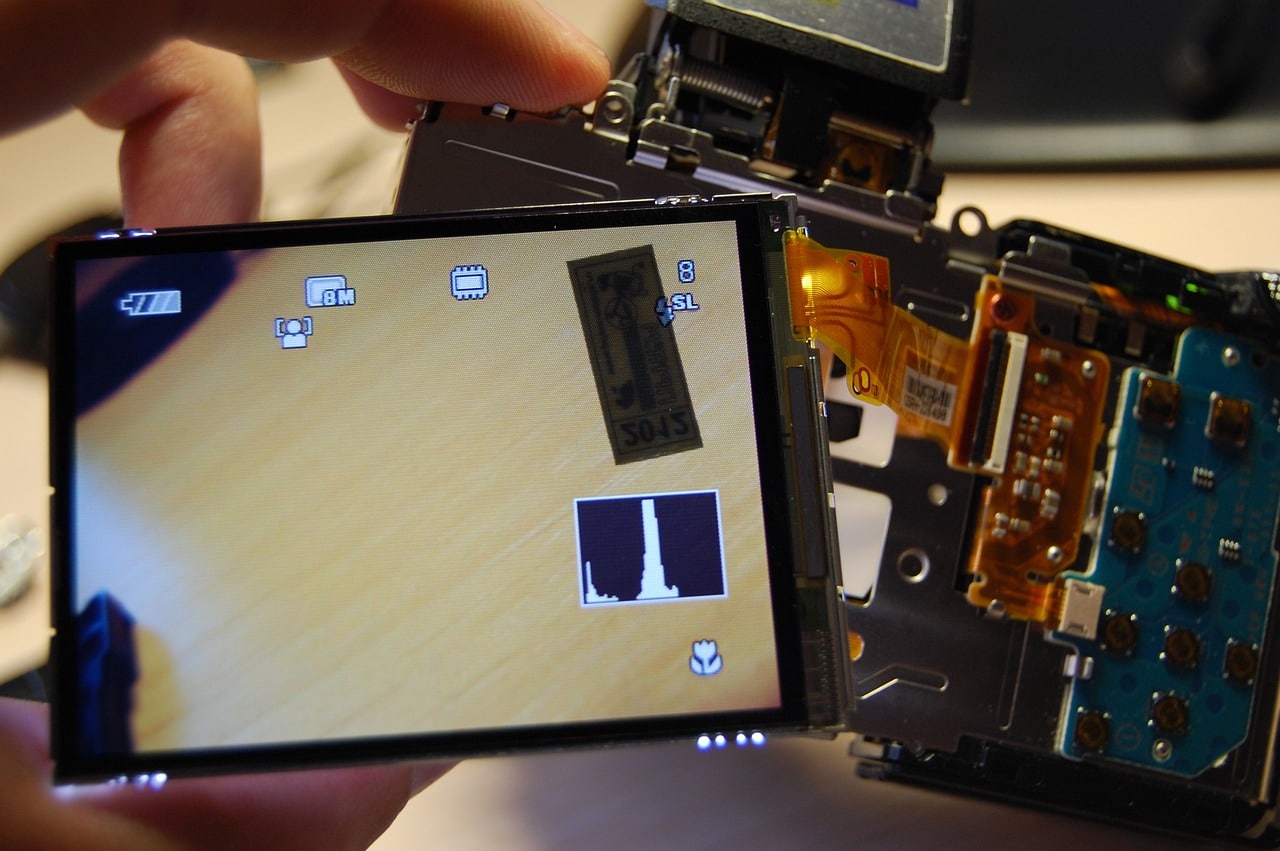Magnetic Logic Gates: Field-Based Computing
Magnetic logic gates are one of the most exciting advancements in the field of computing. Unlike traditional electronic logic gates, which rely on electrical signals to process information, magnetic logic gates utilize magnetic fields to perform logical operations. This revolutionary approach to computation has the potential to greatly improve the efficiency and speed of computing devices.
The concept of magnetic logic gates has been around for decades, but it is only recently that significant progress has been made in developing them. The key to their success lies in utilizing the magnetic properties of materials. In traditional electronic logic gates, the flow of electrons is controlled through the use of transistors and other electronic components. However, these components often consume large amounts of energy and generate heat, which limits the speed and performance of electronic devices.
On the other hand, magnetic logic gates use the properties of ferromagnetic materials to perform logical operations. These materials can be magnetized, meaning that they can have a north and south pole, similar to a magnet. By manipulating the direction of the magnetic fields, it is possible to process and transmit information, much like the ones and zeros used in traditional electronic devices.
One of the key advantages of magnetic logic gates is their low power consumption. As these gates rely on magnetic fields for computation, they do not require the flow of electrons, resulting in nearly zero power consumption. This not only makes them energy-efficient but also enables them to operate at high speeds without overheating. As a result, magnetic logic gates have the potential to revolutionize the field of computing, especially in the development of low-power and high-speed devices.
Moreover, these gates also have the potential to revolutionize the way data is stored. Currently, data is stored on electronic devices in the form of bits, represented by the presence or absence of an electrical charge. However, with magnetic logic gates, data can be stored in the magnetic orientation of a material, allowing for denser storage and faster retrieval of information.
The development of magnetic logic gates has opened up a whole new avenue for research and development in the field of computing. As scientists and engineers continue to refine and optimize these gates, we can expect to see advancements in computing devices that were previously thought to be impossible. Companies like IBM, Intel, and Samsung have already started investing in this technology, and it is predicted that within the next decade, we will see commercial products utilizing magnetic logic gates.
One of the most exciting potential applications of magnetic logic gates is in quantum computing. Traditional electronic computing devices operate on a bit-based system, meaning they can only process information in either 0 or 1. However, with quantum computing, both 0 and 1 can exist simultaneously, allowing for the processing of exponentially more information. Magnetic logic gates, with their low power consumption and fast operation, could be crucial in the development of quantum computers.
In conclusion, magnetic logic gates have the potential to transform the world of computing. By utilizing magnetic fields, these gates can operate at high speeds and consume very little power, making them ideal for applications where energy efficiency and speed are crucial. As research and development in this field continue, we can look forward to a future where our devices are faster, more energy-efficient, and can store vast amounts of data. The potential of magnetic logic gates in the world of computing is truly limitless.










